My Italian-American Theater: Interviewing Antoinette LaVecchia in Bryant Park
After her last two acclaimed shows A View from the Bridge on Broadway, starring Liev Schreiber and Scarlett Johansson, and How To Be a Good Italian Daughter (In Spite of Myself) directed by Ted Sod at The Cherry Lane Theatre, Antoinette LaVecchia is preparing her next work, Village Stories, an ensemble piece based on stories from her birth-town, San Rufo, a small town in the province of Salerno, Italy. During our chat Antoinette explains us how her Italian origins affected her career as an Italian-American actress.
My first years in America...
I live here in New York since twenty-one years. I was born in San Rufo (a small town in Salerno). I came here when I was two and my mother did not want to learn English, so we spoke Italian at home all the time, and all our relatives were still in Italy. My father was the only one who came in his family, and my mother was the only one who came from her family. My father got a job as a gardener in a 400 acres estate... a huge estate and a mansion. And so I grew up in this environment. It looked like Italy, because we had gardens everywhere, water, and nothing else. There was just nobody around. So I spent a lot of time alone, and my parents were real immigrants... it was all about money and hard work, they had no education. And so when I was six my brother and I did their working papers, their taxes. We would fill up all the papers because they could not do anything for themselves. So we became very good and quick at communicating on behalf of our parents.
The time I found out I would become an actress...
Some of my childhood stories are wonderful and make me realize that I have always been an actress. My mother had two kids, my brother and I. We were very close in age, just one year apart. When she was busy with her chores, she would take the two of us on the "terrazzo". While he would just sit there, I would greet everybody who walked down the street in San Rufo... I was the talker.
So, as I was saying, when we came to America my mom did not speak English. Us kids learned it quickly, but I spoke Italian at home. My brothers both understand Italian, but I am the one who speaks it better. So I became a sort of communicator... We lived on this 400 acres estate by ourselves … I mean there was the family who owned the estate, and a couple of people here and there, but it was a lot of space, and I was the only girl, the only girl in the estate, a young girl. So my imagination went crazy: I spent so much time alone, I would read books all the time, and I would just start playing roles that I myself invented. My mother was and is a tailor, and she still is. She gave me all her rugs, and I would seat in my room with pieces of clothes all around me, in front of a mirror, and I was just acting things out, always by myself, either in my room or outside.
Being an outsider... becoming an actress...
When I left this estate, I went to Darien in Cunnecticut, which is the town where we lived- very wealthy, very Caucasian, very waspy. Everybody was blond, blue eyed: nobody with dark hair… very strange… very few people with dark hair and dark eyes. So, it was always like being an outsider. Never fitting in. Never fitting in the town; on the estate I was the only girl, but it was not our estate, so I could only go here and not there. I could not touch or ride the horses, I could not go on the boat… so many rules. So my imagination was the only place I could be free. My parents were so afraid of the world that they did not want me to do anything, not even with our friends, nothing. We gathered with our cousins just a couple of times a year; we would get together for Thanksgiving, Pasqua, Natale, and all that stuff... and it was always 60, 65, 70 of us... I loved it.
It is funny the reason why I became an actress: when you feel like an outsider and you never fit in, you become everybody, you just become everybody, because you have to assimilate very quickly into every new group...
I remember another thing: in the town where I grew up I was the Italian girl; and then when we went to Italy to visit our relatives I was l'Americana! So who am I? Am I Italian or American? I never felt comfortable, fully comfortable. So theater was comfortable. Because you can just step in being whoever you want, and for those two hours, one hour, whatever you are doing, you can embrace who you want, that character.
The choice of acting...
I first acted in a play when I was six, and then I participated to another one when I was in Junior High School. In High School I started acting much more, and I was like: “I am good at this!” And when I went to College that's all I wanted to study, but my parents said: “We will not pay for the University if you do theater!” So I studied literature, and I did theater on the side, so that they would not know. When it was time to graduate I got into one of the best programs in the country. I told my parents: “I am going! You can not stop me!” It was hard for them, I can see that because now I am in my forties, and it still is; it has been over twenty years that I have been doing this professionally, and they want me to stop, because immigrants do not understand; not just my parents, not just Italian immigrants. Those immigrants who came here for a better future, to make money, they want their children to be set up, with money, married, and have the values that they had in their town. It is the way they think it is supposed to be. I think that it would be different if they had a better education. But... who knows...
I think I was everything they were so scared of: I wanted to be an actress, then I got married and divorced... my parents were like: “Nooo! Vergogna!” These words came out all the time. It is funny how in a way I helped them to open up their minds a little bit, and be more compassionate and understanding. It was very hard for them... they have come around a good deal.
To became an actress you have to embrace everything you are...
It was wonderful getting out of school, high school... I wanted to be like Meryl Streep! Blond hair, blue eyes... everything I was not. And I was miserable... I was miserable! Because you can not be something you are not. This was when I was in my twenties... Then I remember one day I was like... I wanted to embrace everything I am, which is: I am Italian, I grew up here in America, but I am very much Italian; my language, my body, my hair, my color... everything. That's when I started to feel so much happier, and to create my own material. I started to teach, direct, write.
My world, which seemed so small and tight... I tried to fit it into a little cup of Maryl Streep... my life was so wrong to me. But then I tried to embrace everything I am, and a big part of who I am is that I was born in Italy, and my family and my experience of the two worlds living in me at the same time, growing up here, but being born in Italy and having a good part of my family still in Italy. My world got bigger once I just relaxed and embraced it. And that is when my life just started to improve, things came easier, and people were interested in my original work. Then I started writing not only plays but also about my experiences.
My theater experience...
I went to Africa, and I created a theater piece with HIV positive orphans. I taught Commedia in Firenze. Once my mind opened to all the possibilities that what I was could offer me, and I stopped trying to fit into something I was not, everything became possible. The world opened up. This was in my late twenties, early thirties, but sometimes I still have to remind myself just to be truly who I am. I taught at the NYU Graduate Program for seven years, and I remember my students always had problems when I reminded them to embrace everything they were, and to use that. One thing people do is hide, and the other is try to be something they are not. So whenever I asked them to not hide but to just embrace themselves, they would break through and do beautiful works.
Thankfully my career has always been full of so many unbelievable opportunities: I got to go to Russia, I studied at the Moscow Theatre, I went to Africa, I got to teach Commedia at La Pietra (in Florence), and at NYU. I was in the directing program at NYU, I got to go to London, and I studied with a famous French clown... so many incredible opportunities, and everything I have done, all this mix and match. That is what is giving me the ability to create my own material and to create things that are theatrical. In the pieces I can talk about who I am, but given that my training in theater has been extraordinary, I can bring all my experience into my work, especially when I write it. I do not know the way it is in Italy, because I never worked in Italy, but a lot of the directors here are very good; even when I am doing a show in New York (I just did this Broadway show) if nobody helps me out with any problem I might have, thanks to my training I can always take care of myself: no matter who I am working with, at what level, I can always do my work without the director.
It is amazing how many people I got to know during these twenty-one years being a professional actress in New York City. My students inspired me, those kids in Ethiopia... it's just incredible. These kids did not want to be actors, and then when we finally created a work together, they played like rock-stars. The amazing thing was that they got adopted because they were seen performed. And they were HIV positive. Just unbelievable.
For me that kind of theater can change the way people think, the way they look at what they see: that is when theater, or acting, or arts become what I always wanted them to be... that they can change people, they can change the heart of people, and they can change the minds of people in a very important way.
When instead theater is just money... let's make money! Let's try to make money! It is terrible! I can not stand it! When a show is very much about commerce, advertising, money, celebrity, that takes away all that is special in it.
My next project...
There is something I am excited about and it is a work I started four years ago: it deals with stories from my town, San Rufo, many beautiful stories coming from that village. These villagers have unbelievable recounts about miracles of the Vergin Mary. They did not go to the Vatican to report them, so the town had to keep them alive handing them down from generation to generation. They were not registered in the Pope's records, which I think is beautiful. These stories are like the ones by Gabriel Marcia Marquez... they have magic, surrealism... that make the unexpected, miracles happen. These stories overcome both imagination and poetry... the tragic poetry within some of these stories is unbelievable. The more specific you are in theater the more universal it gets. This is why I feel there is a place for these stories from that small town here in America. Because of my previous experiences, I love working with body language; the work does not have such a long script, and the last time I worked on it none of my collaborators was Italian. I worked with some of my students and while I used all the Italian that I taught them, they all got themselves books about Italian language and Italian stuff. They were wonderful, and we managed to reproduce that world.
Now I am about to go off and do a play where I play eighteen people, men and women. I do not have to be a man to play a man, but I need to be able to work with my imagination. So one does not have to be Italian to play Italian, but he has to capture the world, the body, the spirit. If he just can't, he'll better work in the cinema sector. In movies people look exactly how you want them to be, but in theater... there is magic and you can be everything you want.
You can play the role of a man, a dog, a mule, or you can be a baby. Theater is the place for everything...
There is a show I saw recently... a few years ago: an American choreographer did the show based on a famous Italian movie, a Sicilian movie... it was a Pirandello play, that was later transformed into a movie. She hired some Italian actors to come in, but the rest were her dancers, and it was interesting, but it turned to be a piece about an Italian village... to me there was something missing. The Italian actors were beautiful, but the world, the spirit.... I think I saw her during the translation of the movie, but I did not believe she understood the hearts of those people: that is what I want to show when I bring my piece on stage. I grew up with all those people, the people I grew up were all from the same town, all of them. My father, my uncles, my aunts, my cousins... Every summer I wold go back to San Rufo and just hear the stories over and over again. Tragedy usually lies in the happy stories, and the miracle stories. You go to the University to study something... I went to the University of San Rufo.
For some reasons those are the stories I want to recount to my public, and some of them are 300-year-old happenings.... there are millions of them.
When I got back from Africa, then, I felt the need to talk about that year I spent there, and so I put it on stage twice, in the basement of a Cuban restaurant... no script... I just told my audience of how I decided to go to Africa, and then what happened after Africa (we were going to Florence). As I said I did it twice, and both times I was very scared, terrified, but it was so important to me to tell that story for I do not know what reason... Sometimes when I have that need it just has to happen... I do not know why, I can not explain it. I know that I have to get it out there... it is interesting because that is why the “Village Stories” play is being put on stage. I still do not know how yet, but it wil.
How does the belonging to two different cultures makes a good artist and a good human being of you...
I am very lucky that I belong to two worlds. I grew up with two languages, two very different cultures, and I think that it teaches you compassion. It taught me that there isn't just one way doing things, but several, and I think that makes you a better human being in some way... you know that there is not just one language, and growing up with two languages gave me the opportunity to be a very good listener: I can hear accents quickly, and I am so curious about where people come from.
Given that my parents were immigrants and they do not have an education, I am also more compassionate when I meet immigrants from other countries.
The compassion that I am talking about makes a good artist.... and a good human being.






























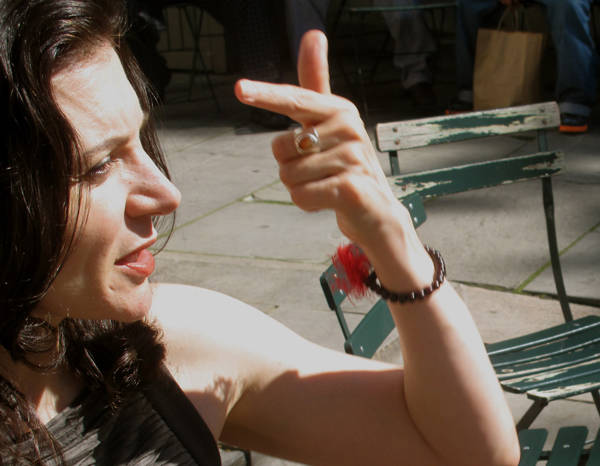
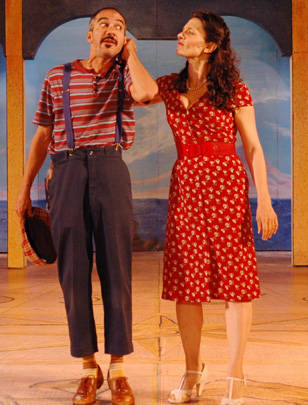
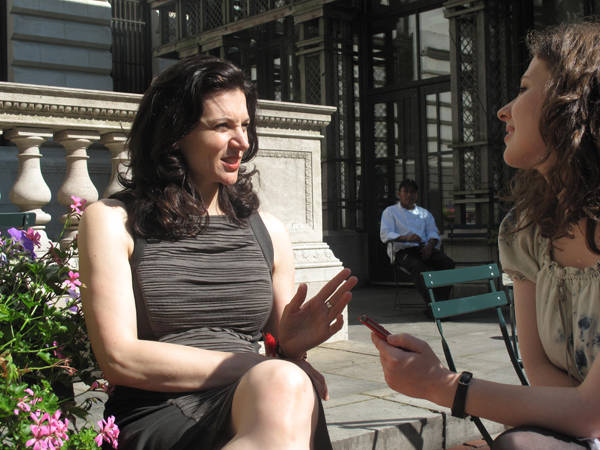
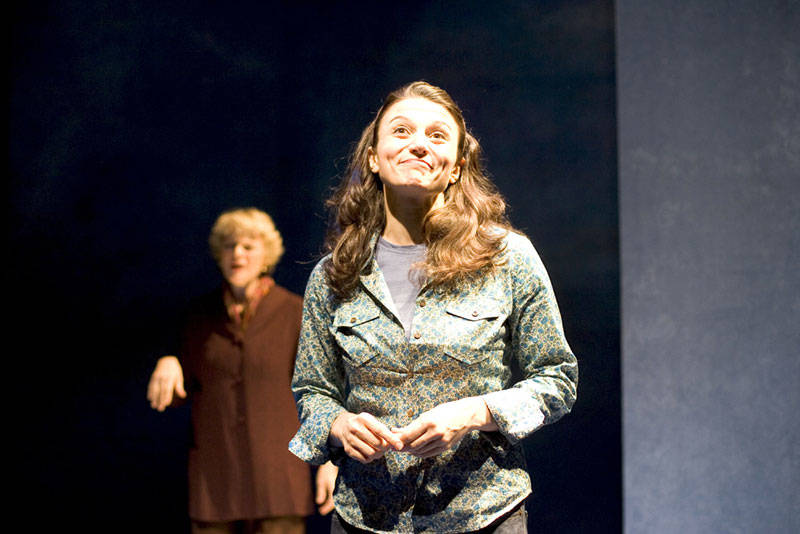
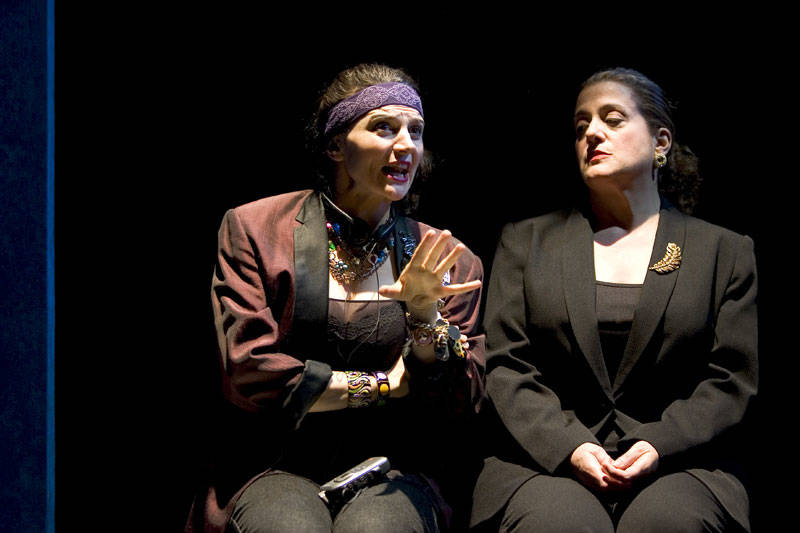
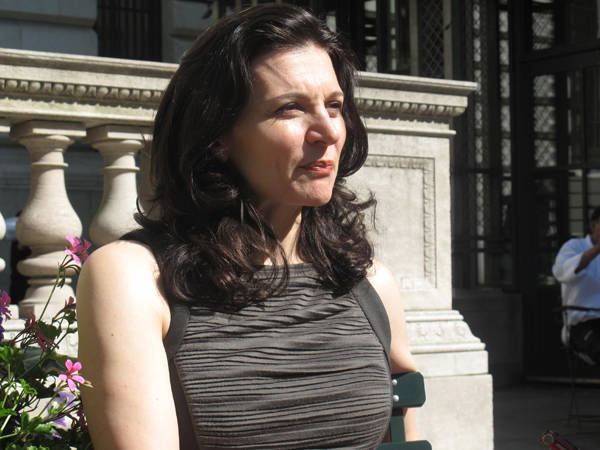
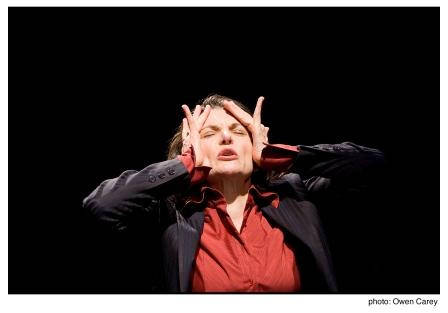
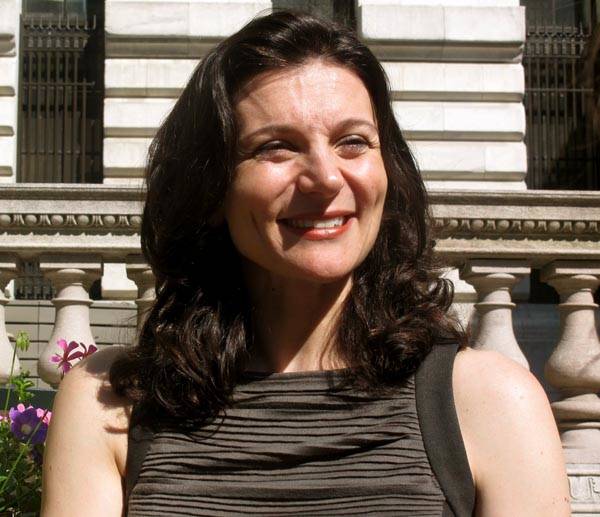
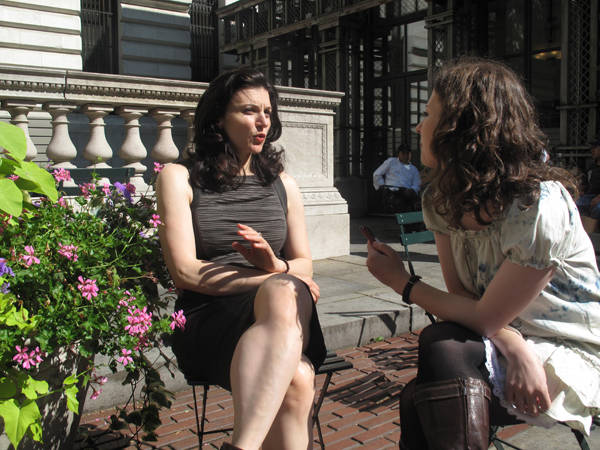
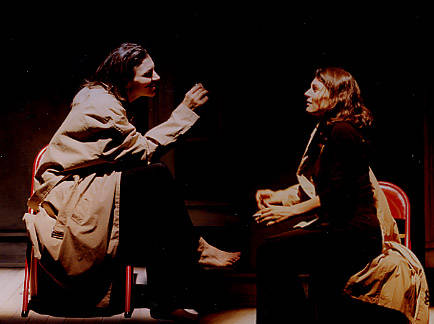
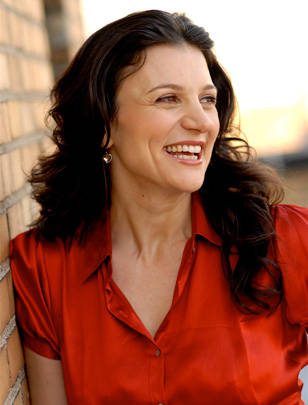
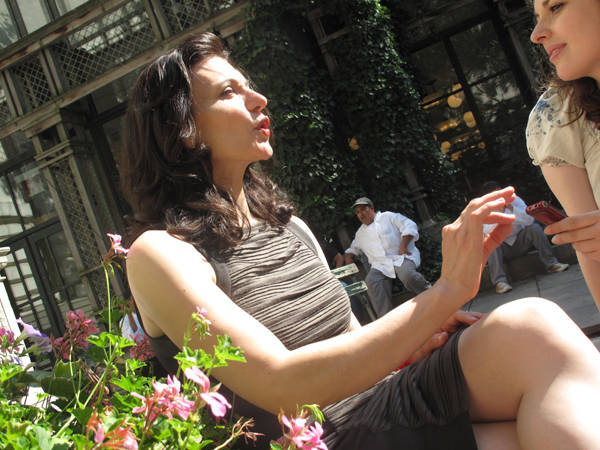
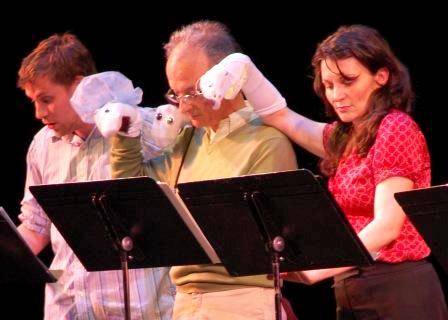
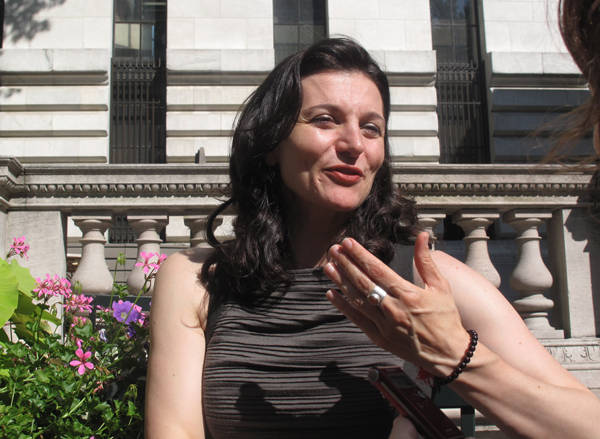
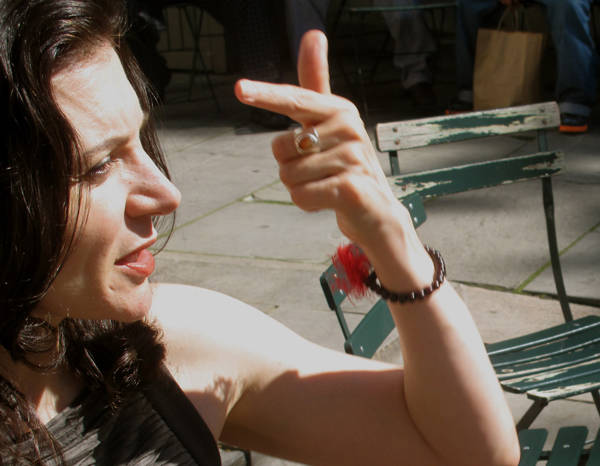
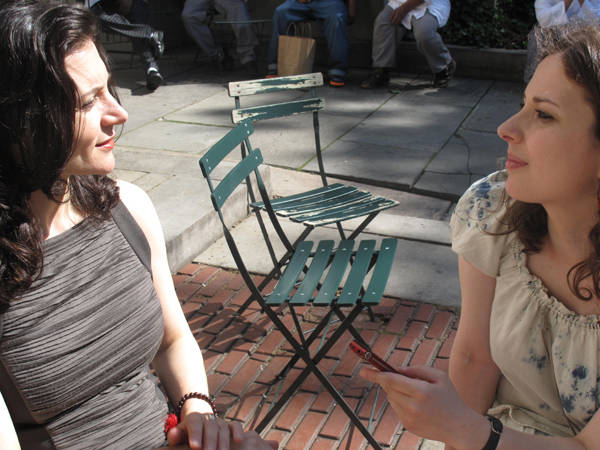
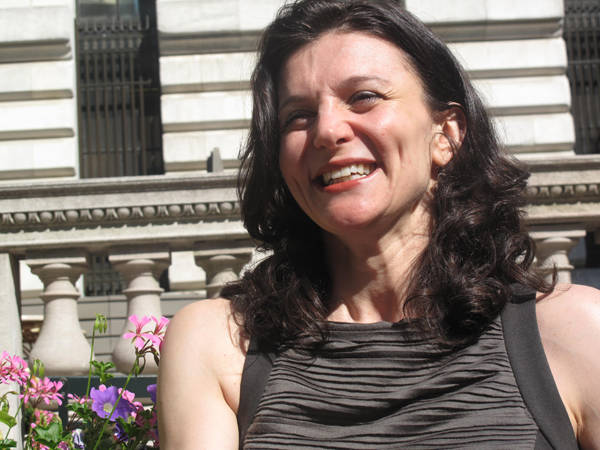





i-Italy
Facebook
Google+
This work may not be reproduced, in whole or in part, without prior written permission.
Questo lavoro non può essere riprodotto, in tutto o in parte, senza permesso scritto.